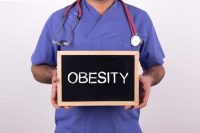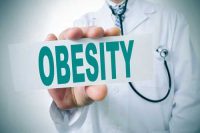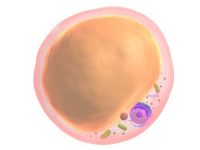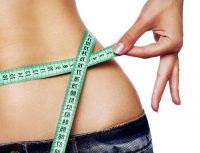
Is Obesity Really a Disease?
We often hear that the growing problem of obesity is a lifestyle issue rather than a true disease – but is it? The American Medical Association classified it as a disease in 2013. Here’s why.
fat cells

We often hear that the growing problem of obesity is a lifestyle issue rather than a true disease – but is it? The American Medical Association classified it as a disease in 2013. Here’s why.

We constantly hear about the health risks of obesity and about the health problems it causes – but how much does it ultimately impact longevity? Read on and find out how much being obese shortens lifespan and why the concept of “metabolically healthy obesity” is a myth.

Your muscles use fat as their primary fuel source during low to moderate intensity exercise. That’s the “fat burning” effect of exercise. Fat cells also have other functions that impact your risk for obesity and other health problems. Some research shows regular exercise helps fat cells function more effectively to release stored fat. Find out how fat cells are impacted by physical activity.

What you eat and how you train affect your weight but behind the scenes you have to deal with the effects of hormones that regulate your appetite and metabolism. Lifestyle, dietary habits and exercise can all impact these hormones. Discover 4 major hormones that influence your weight.

Beige fat, brown fat and white fat – what do all of these colors mean? More importantly, how do these types of fat differ in function? Find out more about brown fat and beige fat, two kinds of fat that make controlling your weight a little easier.

What happens to your fat cells when you gain or lose weight? Do they increase in number – and can you actually change the number of fat cells you have? What role does exercise play? This article discusses the science of fat cells and the exciting role exercise plays in fat loss.

Do you “cheat” on your clean eating plan with a cheat meal or a cheat day on a regular basis? Is this a good practice or does it hinder weight loss? This article discusses how refeeding affects an important hormone that controls your appetite and metabolism.

If you’re trying to lose weight, you need to create an energy deficit. One way to do that is to reduce the number of calories you take in each day or increase the number you burn off. Unfortunately, lowering your calorie intake consistently usually leads to a weight loss plateau. In response to this, some people turn to calorie cycling. What is calorie cycling and can it help you lose weight?

You already know resistance exercise affects muscle cells, causing them to hypertrophy and become larger, and exercise in general helps with loss of body fat. Here’s a novel idea – can exercise actually affect the genes that control the growth of fat cells? Researchers at the Lund University think so. Here’s why.

You’ve lost weight? Congratulations! Now comes the hard part – keeping it off. Unfortunately, sometimes your body works against here. Here are three hormones that make it more difficult to maintain your new weight once you’ve lost it.

You already know that prolonged sitting is bad for your health, but it may affect your “bottom line” as well. New research shows that sitting in a chair too long may increase the amount of fat you store in your buttocks regardless of the squats you do at the gym. Find out more.

Most of the supplements you see advertised for weight loss have no benefits, and at worse, they may be dangerous. On the other hand, certain dietary components do seem to have an impact on fat loss. An example? Vitamin D and calcium. Find out what recent research shows about how they influence fat loss.